The South County Regional Library is in South Charlotte, on the corner of Rea Road and Pineville-Matthews Road. A beautiful public art piece, Open Book, Open Mind by North Carolina artist and sculptor Jim Gallucci, features colorful book covers with classic titles, brightens up the exterior of the branch. This southernmost location in the Charlotte-Mecklenburg County Library system is freshly renovated. On the first level of the two-story building, our popular collection, composed of the newest adult books, DVDs, books on disc, and playaways, is the first department visible from the front door. The children’s department houses a new storytime room with a wooden tree that grows up to the ceiling! Also located on the first floor is a “cafe” with vending machines, tables, and a laptop bar.
 Upstairs there is an awesome teen zone with a private teen loft set aside for studying and teen programming. Tables, chairs, and booths fill the second level and create perfect spaces for customers to read, write, and tutor. There are also windowed alcoves for customers who desire more privacy. The majority of the adult collection can be found upstairs. Genres range from romance to mystery, and best sellers to independent publishing houses. There are adult and young adult graphic novels, an adult large print collection, public computers, and printers as well.
Upstairs there is an awesome teen zone with a private teen loft set aside for studying and teen programming. Tables, chairs, and booths fill the second level and create perfect spaces for customers to read, write, and tutor. There are also windowed alcoves for customers who desire more privacy. The majority of the adult collection can be found upstairs. Genres range from romance to mystery, and best sellers to independent publishing houses. There are adult and young adult graphic novels, an adult large print collection, public computers, and printers as well.
South Charlotte is a growing community full of residents from all over the world. To assist them to the best of our ability, our library houses an extensive collection of world language materials for all ages. In the young adult collection, there are books in Spanish, Chinese, Gujarati, Hindi, Japanese, Russian, and Vietnamese. For adults, there is a world language section which includes Arabic, French, German, Gujarati, Marathi, Telugu, Hindi, Russian, Chinese (there is a substantial number of books!), Vietnamese, and Spanish (this is another extensive collection). Finally, the children’s department contains books in Spanish, Spanish/English (books that have both languages on the pages), Gujarati, Hindi, Telugu, French, German, Russian, Chinese, Japanese, Korean, and Vietnamese. In addition to the languages in print found at South County, there are also members of the staff who are fluent in Russian, Greek, Vietnamese, German, Hindi, Marathi, and Afrikaans, to name a few!
 The Four Mile Creek greenway is walking distance from South County, and is a popular, outdoor, walkable park. If you are looking for a beautiful location to jog, walk, or bike, this greenway is a wonderful place to be outdoors and avoid car traffic. Across the street from the greenway is a Trader Joe’s location, which always keeps the parking lot on the corner of Rea Rd and Bevington Place busy.
The Four Mile Creek greenway is walking distance from South County, and is a popular, outdoor, walkable park. If you are looking for a beautiful location to jog, walk, or bike, this greenway is a wonderful place to be outdoors and avoid car traffic. Across the street from the greenway is a Trader Joe’s location, which always keeps the parking lot on the corner of Rea Rd and Bevington Place busy.
There are a wide range of communities and shopping centers within a 20-minute radius of South County. The Arboretum (Pineville Matthews Road near Providence Road), Stonecrest (Rea Road, near 485), and Blakeney (the intersection of Rea Road and Ardrey Kell) are examples of local shopping centers which house stores and restaurants for all your shopping and dining needs, such as Wal-Mart, Target, Old Navy, Harris Teeter, Marshalls, Malaya Kitchen, Nothing but Noodles, Greco, 131 Main, and Zoe’s Kitchen. A nearby neighborhood named Ballantyne has much to offer including a location named, Ballantyne’s Backyard. It is an old golf course converted into a community park. For our Hindu neighbors, the Hindu Center of Charlotte is a 30-minute drive away from this branch.
New to Charlotte? Explore other neighborhoods through the Charlotte Mecklenburg Library blog and WelcomeCLT, a digital space created for newcomers to Charlotte.
Resources:
- South County Regional Library – 5801 Rea Rd, Charlotte, NC 28277 | 704-416-6600
- Trader Joe’s -- 6418 Rea Rd, Charlotte, NC 28277 | 704-543-5249
- The Arboretum -- 8008 Providence Rd, Charlotte, NC 28277
- Stonecrest -- 7900 Rea Rd, Charlotte, NC 28277
- Blakeney -- 9870 Rea Rd, Charlotte, NC 28277
- Malaya Kitchen -- 8200-400 Providence Rd, Charlotte, NC 28277 | 704-541-6668
- Greco -- 9820 Rea Rd Suite E, Charlotte, NC, 28277 | 704-542-7770
- Ballantyne’s Backyard -- 11611 N Community House Rd, Charlotte, NC 28277 | 704-248-2000
- Hindu Center of Charlotte -- 7400 City View Dr, Charlotte, NC 28212 | 704-607-8412
--
This blog is written by Kristiana Belsito, a library assistant for Charlotte Mecklenburg Library.

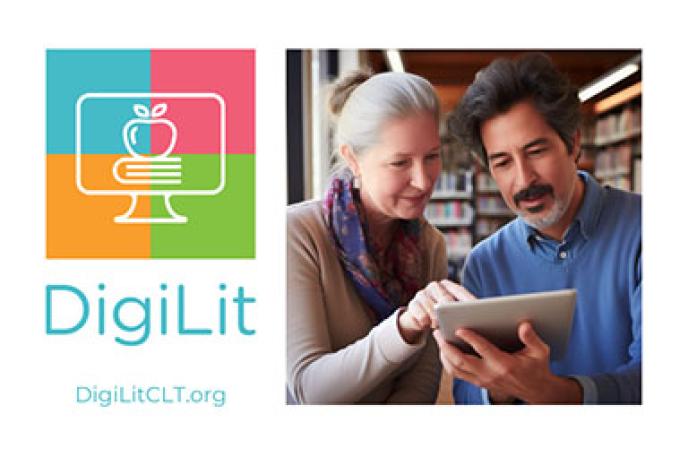
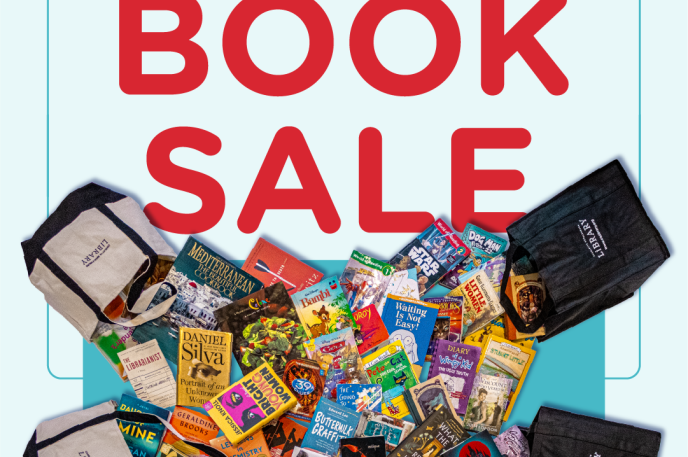
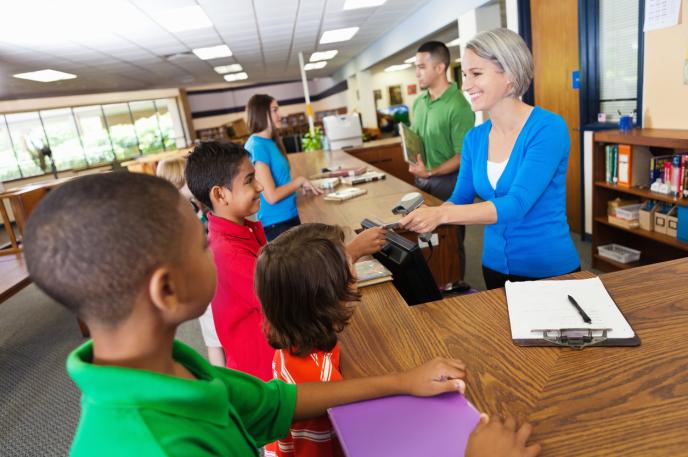
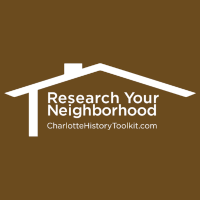
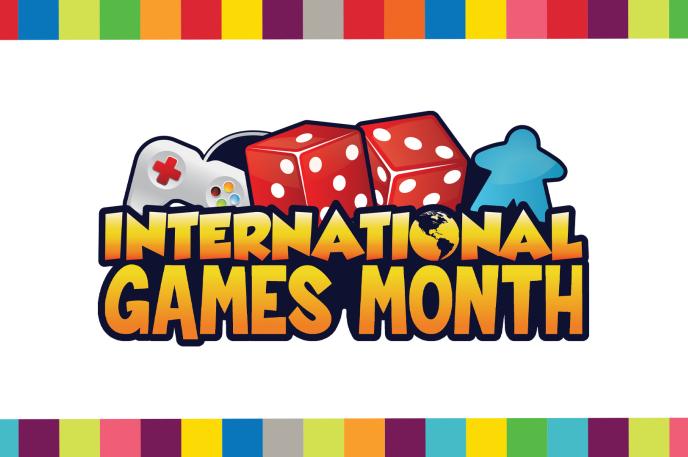
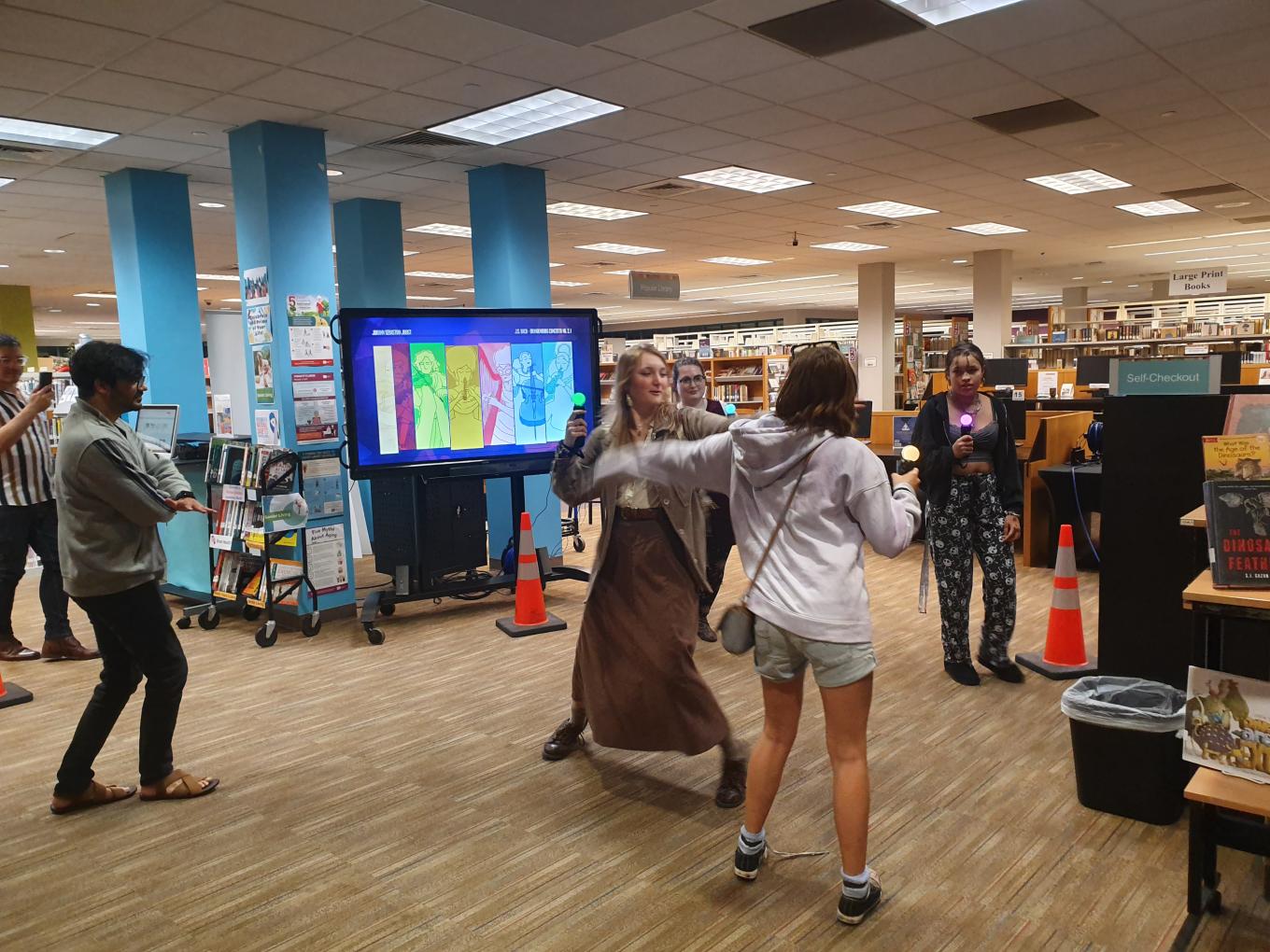
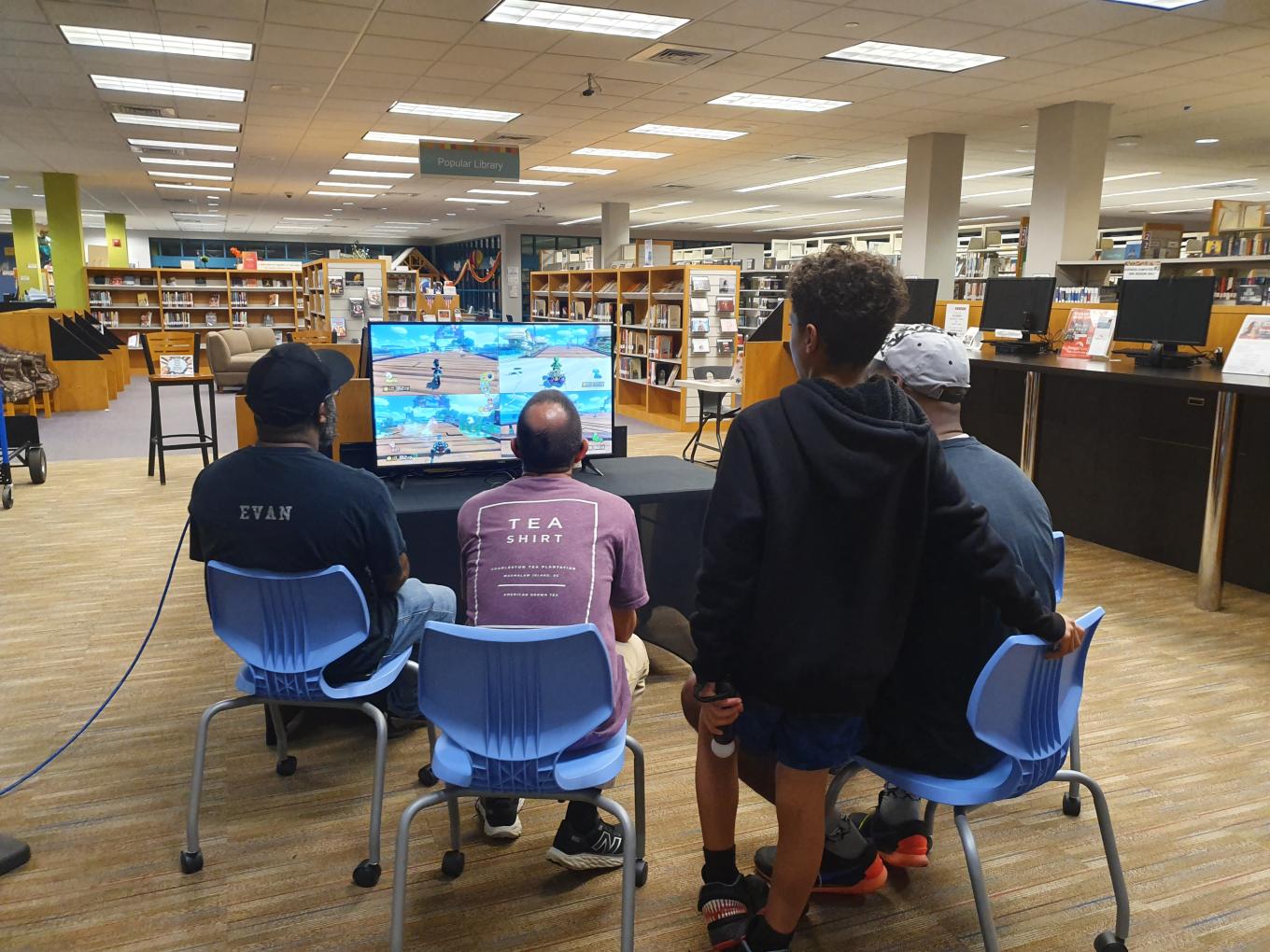
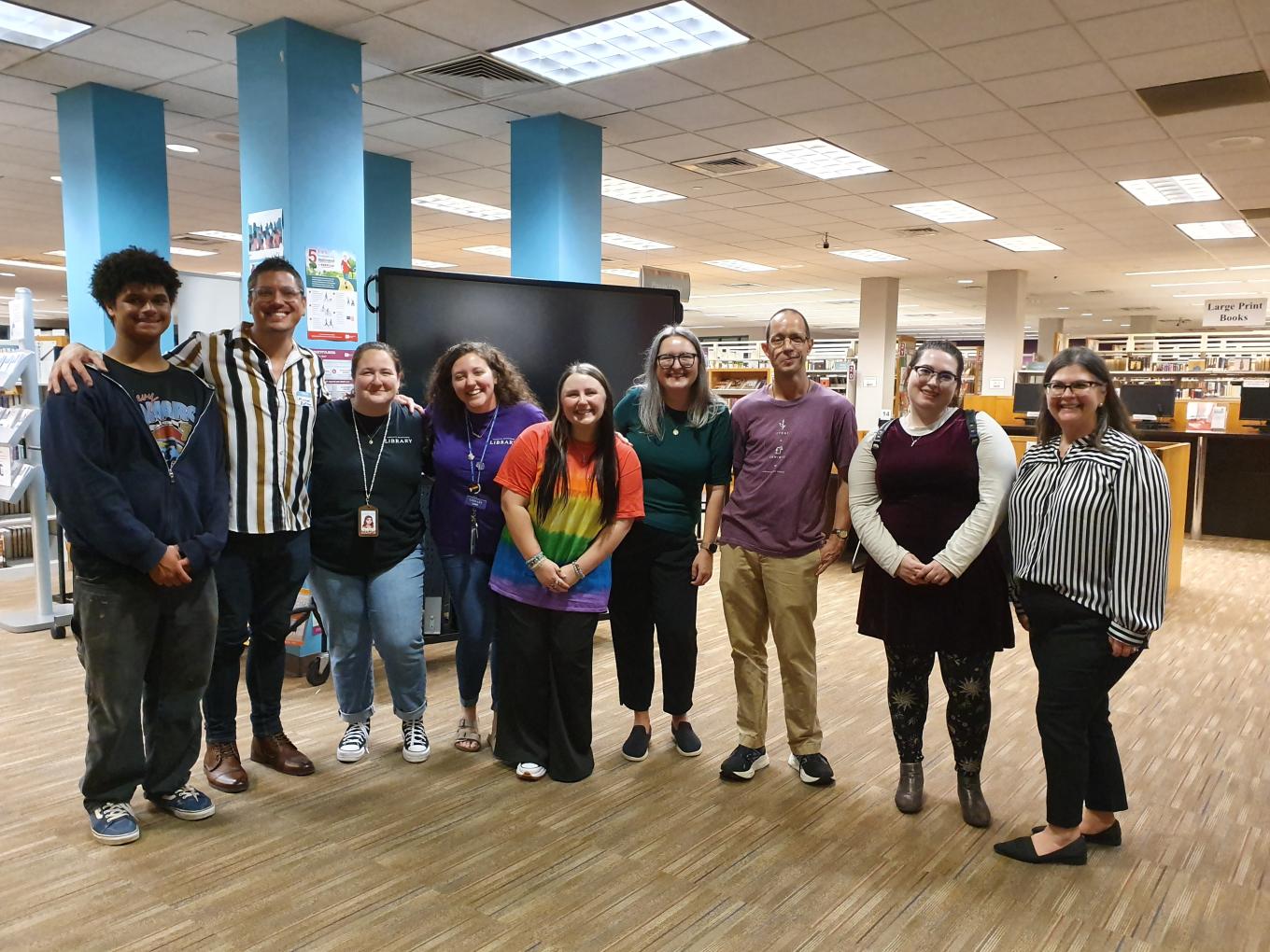
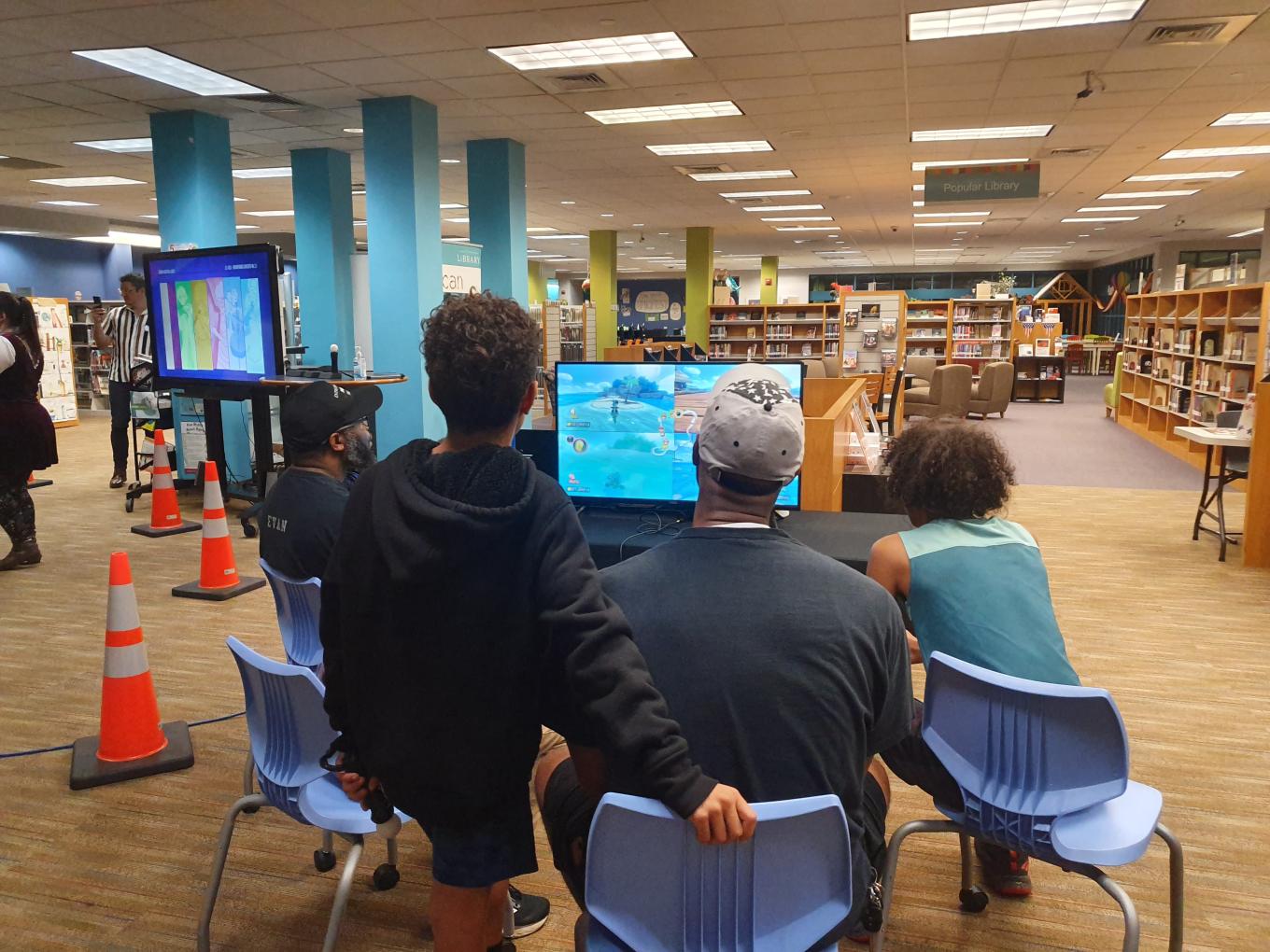

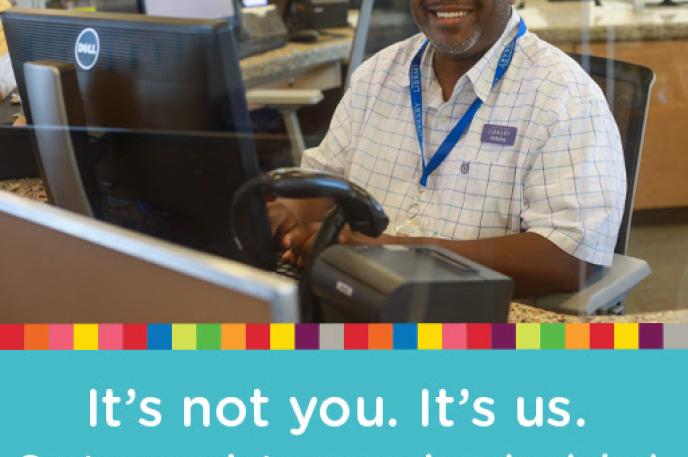

 Upstairs there is an awesome teen zone with a private teen loft set aside for studying and teen programming. Tables, chairs, and booths fill the second level and create perfect spaces for customers to read, write, and tutor. There are also windowed alcoves for customers who desire more privacy. The majority of the adult collection can be found upstairs. Genres range from romance to mystery, and best sellers to independent publishing houses. There are adult and young adult graphic novels, an adult large print collection, public computers, and printers as well.
Upstairs there is an awesome teen zone with a private teen loft set aside for studying and teen programming. Tables, chairs, and booths fill the second level and create perfect spaces for customers to read, write, and tutor. There are also windowed alcoves for customers who desire more privacy. The majority of the adult collection can be found upstairs. Genres range from romance to mystery, and best sellers to independent publishing houses. There are adult and young adult graphic novels, an adult large print collection, public computers, and printers as well. The Four Mile Creek greenway is walking distance from South County, and is a popular, outdoor, walkable park. If you are looking for a beautiful location to jog, walk, or bike, this greenway is a wonderful place to be outdoors and avoid car traffic. Across the street from the greenway is a
The Four Mile Creek greenway is walking distance from South County, and is a popular, outdoor, walkable park. If you are looking for a beautiful location to jog, walk, or bike, this greenway is a wonderful place to be outdoors and avoid car traffic. Across the street from the greenway is a